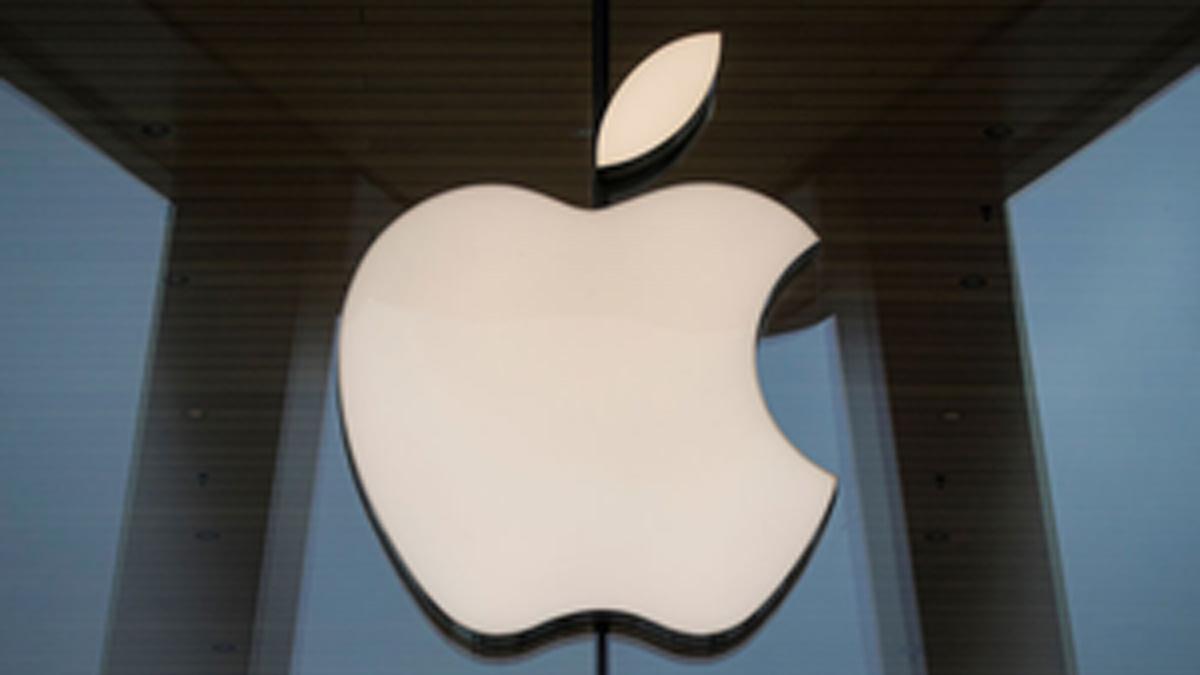In a recent post, Ola CEO Bhavish Aggarwal has ripped into Microsoft and its subsidiary LinkedIn, saying that India needs to nurture homegrown tech platforms so that it does not face the risk of being culturally and administratively dominated by the West.
Feeling frustrated, Aggarwal then announced that Ola is going to scrap Microsoft Azure services, for which it is a present customer, and will migrate its entire workload on its homegrown cloud Krutrim within a week.
This development comes days after LinkedIn took down Aggarwal's post, in which he pointed out how LinkedIn's AI was pushing a political ideology onto Indian users. Aggarwal posted a screenshot of an AI-driven response using "they/their" pronouns to refer to him and termed it part of "pronoun illness."
Denouncing such imposition of Western ideology, Aggarwal argued that Indian sovereignty in the digital realm should be maintained. He called on the Indian developer community to build a social media framework around the concept of Digital Public Infrastructure, pointing to successful Indian DPIs like UPI, ONDC, and Aadhaar.
Aggarwal advocated for data ownership by creators rather than corporations, asserting that community guidelines should align with Indian laws rather than being dictated by corporate entities. He announced Ola's decision to migrate its workload from Azure to Krutrim cloud, citing concerns about cultural assimilation and governance by western tech monopolies.
In a tongue-in-cheek manner, Aggarwal extended an invitation to developers to join his team after leaving Azure, offering a year of free cloud usage on Krutrim cloud. He emphasized that India does not require lectures from western companies on inclusivity, pointing out that Indian culture has been inherently inclusive for millennia without the need for pronouns.
Aggarwal's stance reflects a growing sentiment among Indian tech leaders regarding the importance of preserving national identity and autonomy in the digital space.
Read also | Elon Musk Calls Out Meta's 'Super Greedy' Credit Claims in Ad Campaigns


















